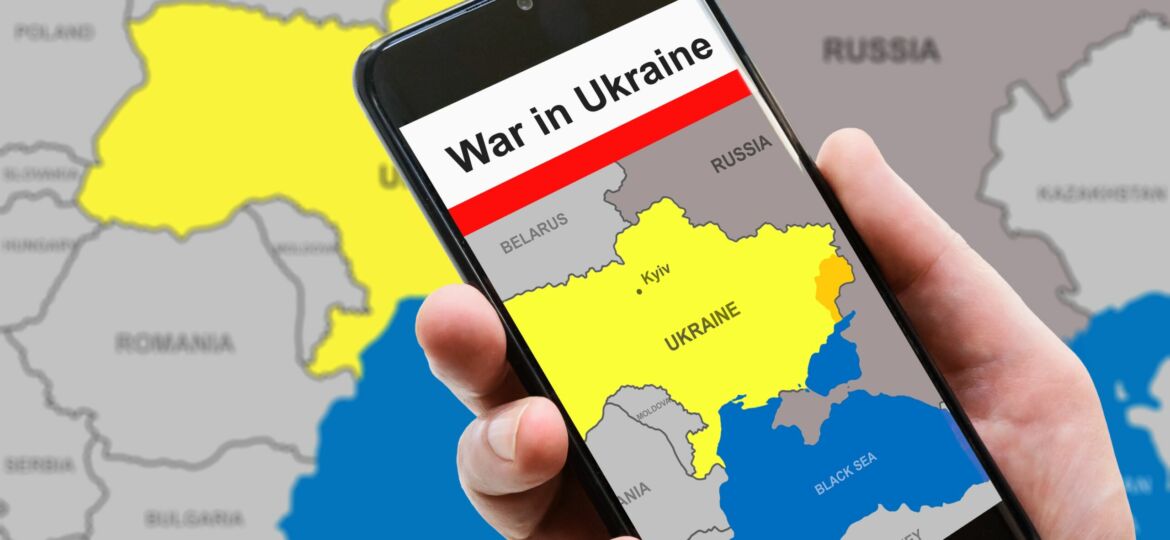The events in Ukraine are heartbreaking, concerning and almost impossible to believe at times, even for those who have been watching the region closely. But not everything is as it seems, meaning those who research and work to counter disinformation are doing everything they can to help audiences globally to understand what is fact and what is fiction.
Already integrated in political strategies for a long time, the weaponisation of fact-checking is once again putting at risk the work of the community that is countering disinformation. Over the past years, we have witnessed the birth and spread of self-declared “fact-checking websites” or social accounts.
As described by ProPublica, these fake fact-checks are now trying to sow discord over what the facts really are. It could be summarised by a simple guideline: “If you don’t like the facts, invent new ones. And then fact-check reality over your own falsehood”.
One of the most representative examples of the current Ukraine war has been an outlet called “waronfakes.com”. Set up by anonymous Russian journalists, it has been heavily spread both by Russian embassies all over the world – the website has English, French and Spanish versions – and prominently featured on Russian TV. The website waronfakes.com, does publish accurate fact-checking articles but it also publishes fake fact-checks. Using a disturbing set of new tactics, this website and others are debunking non-existent fakes, creating fabricated footage of burnt out tanks, or the aftermath of missile strikes, that they then ‘fact-check’. The goal is to sow doubt with Russian and European audiences of the ‘real’ footage they are seeing.
From deliberate attempts to sow confusion to the production of false flags, this is very alarming for many reasons. It looks like an attempt to influence public opinions, in Western audiences but also in Russia, to discredit the essence of the fact-checking activities and to weaken the response against disinformation.
So the first line of defense should be awareness: the EDMO task force urges national and European institutions, mass media and social media platforms to inform the public about these kinds of initiatives and take the necessary actions to contain their spread.
The second important step is to stress the importance of transparency, independence and non-partisanship of OSINT and fact-checking organisations. The International Fact-Checking Network has its Code of Principles, and the European community is working on a similar code for European fact-checkers and OSINT organizations. Institutions, media, platforms and the public should be informed why it is so important to have procedures that ensure those criteria (and why actors that do not, shouldn’t be immediately trusted only because they present themselves as “fact-checkers”).
It is more important than ever that fact-checking entities keep editorial independence from governmental influence, and that fact-checkers adhere to independent, industry-wide accepted codes as a way of differentiating their work from those who aim to imitate them in order to achieve harm, and sow even more confusion.
The EDMO Taskforce on disinformation about the war in Ukraine
Alexandre Alaphilippe; Tommaso Canetta; Carlos Hernández- Echevarría; Jochen Spangenberg; Pawel Terpilowski; Claire Wardle
